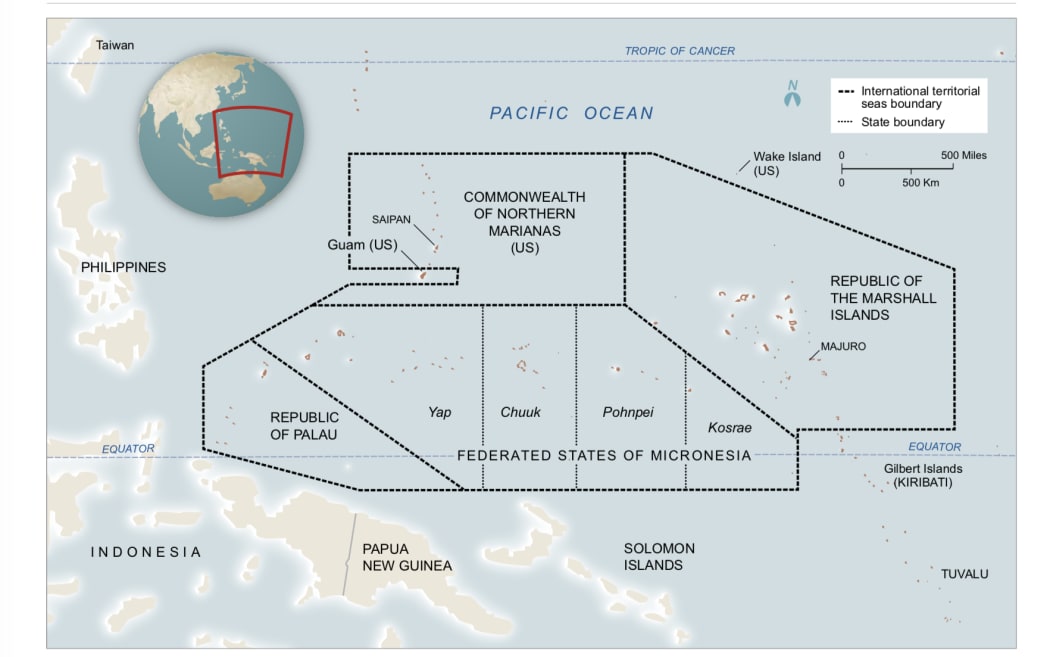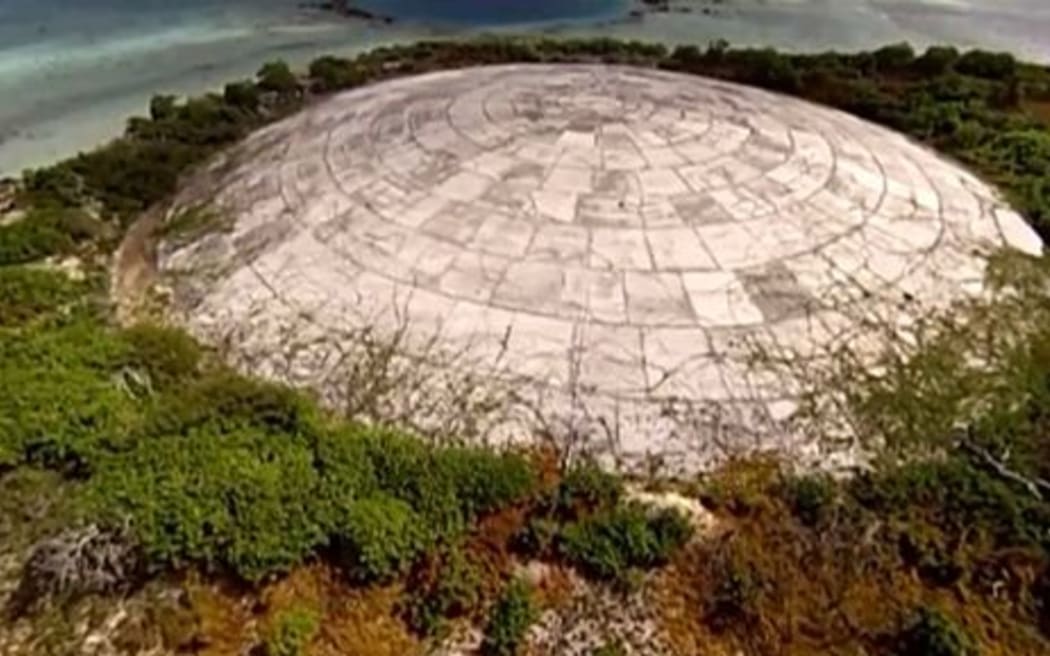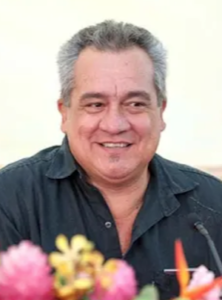 https://chuangcn.org/2022/03/china-faq-capitalist/
https://chuangcn.org/2022/03/china-faq-capitalist/
The Greanville Post recently republished China watcher Jeff Brown’s 2015 piece, “The Myth of Chinese Capitalism“. Brown calls the supposed myth, “One of the greatest fabrications of Western media, among academics and on Wall Street…” He asserts that the West promotes a “self-assuring message…that China is fully in the fold of Western capitalism, except…Beijing plays dirty, using its own set of rules” (emphasis in the original). Further, he disputes the “superficial image” of China as “just a copycat, eastern version of crass Americana.” He is correct that these messages and images are simplistic. In their place, however, rather than a more complex, and importantly, more accurate variation, he offers his own superficial image.
Despite appearances, Brown really only offers four gaunt pieces of evidence for his claim that China is “communist-socialist”, instead of capitalist, two of which are highlighted in the subtitle. “Every last inch of China’s land is collectively owned. And so are the ‘commanding heights of the economy’” (arguing the latter, he includes more general claims about state-ownership of industry). The remaining pieces of evidence concern China’s constitution and its welfare state. I will look at them in the order they are presented.
Before explaining his proofs, Brown engages in some general applause for the Chinese system—though the causes for his cheerleading are basically beside the point regarding whether China is communist-socialist or capitalist. He states that “China has become, in one generation, the world’s largest economy in purchasing power parity (PPP)”—a measure economists question anyway when used in reference to production, as Brown does.
Economist Patrick Honohan argues:
China’s GDP at PPP recently passed that of the United States. But such calculations neglect the fact that PPPs take account of the systematic tendency of poorer countries to have lower prices….
If cross-country comparisons are to be robust, they need to take account of factors such as environmental degradation and the globalization of production. In at least 10 countries, the required resource depletion adjustment for environmental degradation amounts to more than 15 percent of GDP. The far-fetched 25 percent GDP growth rate in Ireland in 2015 reflects the role of multinational corporations.
In any event, PPP stats hardly establish the nature of the system in the terms given.
Further, and no proof either, he cites China’s once “very egalitarian 0.16” Gini coefficient, noting that currently (2015) it is 0.37, between Sweden’s (0.25) and that of the United States (0.41). Having said this, it is true that, as Brown implies, (1) not all modernization (in the sense of productivity and reduction of poverty) occurred after 1978, when liberalization generally is considered to have begun, and (2), not all post-1978 reform and transformation has been neoliberal, save for the qualification of reputed Chinese cheating. Yet, these also fail to demonstrate that China is “communist-socialist” rather than capitalist.
As Brown’s first proof of China’s “communist-socialist” system he offers an extended quote from China’s constitution, specifically its 1982 version. But the passage, unsurprisingly, is not much more than the CCP’s self-reported hagiographic nonsense. Yes, a decrease in poverty has been achieved, both under Mao and during the post-1978 period. Dispute as to the exact number and measures used remains, but the achievement is not insignificant. On the other hand, the assertion that “The exploiting classes as such have been eliminated” is fanciful today even if it was arguable in the Maoist period.
The constitution is quick to assert the government is a “people’s democratic republic led by the working class and based on the alliance of workers and peasants”. In this regard, it might be of interest to know that the actual membership of the Chinese Communist Party has changed over time. If it was ever a meaningful worker/peasant organization (and arguably in the pre-civil war days it was), it isn’t now. As Chuangcn notes, in June 2022, “the Organization Department of [the] CCP published the latest statistics about members composition”. Chuangcn observes that while “workers and peasants are in a constant trend of decrease”, “managers, specialists and retirees have one of increase.” This being the case, it is no stretch to say this latter group is roughly similar to the professional-managerial class (PMC) in the United States.
In John and Barbara Ehrenreich’s 1977 essay, “The Professional-Managerial Class”, they write:
To generations of radicals, the working class has been the bearer of socialism, the agent of both progressive social reform and revolution. But in the United States in the last two decades, the left has been concentrated most heavily among people who feel themselves to be ‘middle class,’ while the working class has appeared relatively quiescent. This ‘middle class’ left, unlike its equivalent in early twentieth-century Europe or in the Third World movement; it is, to a very large extent, the left itself. It has its own history of mass struggle, not as an ally or appendage of the industrical class, but as a mass constituency in and of itself. At the same time, most of the U.S. left continues to believe (correctly, we think) that without a mass working-class left, only the most marginal social reforms is possible.
Has a similar class arisen in China, where one party perhaps can even tighten elite political control over “the most marginal social reforms”? Are we to suppose, even if we take seriously the notion that the dictatorship of the workers and peasants can be something other than just a dictatorship, that the current make-up of the Party can deliver anything but, in this case, party-state-capitalist control and, for the rest, a demand for docility?
What about social programs as a proof? The implication that social welfare programs makes China “communist-socialist” is transparently ridiculous, and it echoes right-wing views about such programs. Plainly, I think, social welfare programs demonstrate at most that China is social democratic. While social democracies certainly do provide real assistance to populations, they have never approached the core of capitalist social relations in any real sense. That neoliberalism butts heads with social democracy remains a debate within capitalism.
Next on Brown’s short list of supposed evidence is China’s supposedly collectivized land.
Brown writes that “China is still very much communist, because every square meter of this country is owned collectively by the Chinese people, via the state.” In the next paragraph, he gives the punchline. “Anybody on Planet Earth can invest in China’s real estate, but if you wish to keep it longer than 70 years [70 years!], you will have to renew your lease contract and pay its going market value, to do so.” I defy you to find a capitalist who is significantly unnerved by such an arrangement.
We might have guessed, of course, that collective land ownership could be as meaningful or meaningless as democracy, freedom, or popular sovereignty. In fact, in China, “swindling locals and forcing them off their land” so that it might be converted “to state-ownership” and then “placed on the market” is “all too common in China since the capitalist transition spread to the sphere of land ownership and became more centered on real estate over the past two decades”.
Further:
“Socialist Modernization” has, in reality, only led to the further entrenchment of the private property system. The party has overseen the destruction of essentially all remaining communal or semi-communal conventions in land and enterprise management, alongside all remaining forms of socialist welfare, systematically replacing them with conventions of private ownership modelled on the legal systems of the leading capitalist nations. This cultivation of commodification, combined with the repression of all potential for communist organizing to emerge among the population at large, seems to pose this Chinese ‘socialism’ against all prospects for proletarian emancipation. Placed in global context, it is not an exaggeration to say that socialism, as it actually exists today, is largely anti-communist.
The next piece of evidence is that of state-owned enterprise.
A recent report published by The Peterson Institute for International Economics (PIIE), finds that:
China’s private sector has grown not only in absolute terms but also as a proportion of the country’s largest companies, measured by revenue or (for listed ones) by market value, from a very low level when President Xi was confirmed as the next top leader in 2010 to a significant share today. SOEs still dominate by revenue among the largest companies, but their preeminence is eroding. To be sure, the Communist Party has attempted to develop its presence in the corporate world, including in the private sector, through various means. But equity ownership structures matter. China’s private-sector companies are focused on profit maximization and value creation in ways SOEs are not.
The authors note that everyone from the Rockefeller-founded Asia Society to The Wall Street Journal, and, incidentally, state propagandists in China, take seriously Xi Jinping’s supposed “pivot to the state”. They also remind us that claims of a “pivot back to state-sector dominance have been made multiple times before, with reference to policy shifts in 1989-1990, 2003, the mid-2000s, 2008, 2009, 2010, 2012, 2017, 2019, and early 2020. Meanwhile, China’s private sector has kept advancing. There is no compelling indication that this time is different.”
(Regarding the subtitled pieces of evidence (that land and the most important industries are state owned), it is probably not a coincidence that, as a left-wing Chinese writer claims, these “form the basis of the [Chinese] regime’s claim to be ‘socialist’”. Brown, a resident of Beijing (at least as of 2015), has probably heard them before on TV.)
Chuangcn recently offered an array of answers to the broader questions: “What Do Chinese Workers Think about the CCP?”,’Is China a capitalist country?’, ‘Is China a socialist country?’, and ‘Wasn’t China a Communist Country under Mao?’. Chuangcn members, both in China and internationally, supplied answers. These replies can be summed up as ‘not much’, ‘yes’, ‘no’, and ‘no’.
Still, a few quotes are helpful.
Regarding workers’ opinions about the CCP, one respondent, Ruirui, said that though he or she originally took the Party to be genuine and even “sacred”, he or she nevertheless “came to realize that the CCP truly had nothing to do with communism, so my interest in it completely disappeared.” Another, Kaixuan, said that “There is nothing socialist or communist or even mildly progressive about the CCP.” Cheng Yeng said that since he or she became an actual communist, they had no interest in the Party whatsoever. There are many more similar replies.
As for the questions whether China is capitalist or socialist, Chuangcn gives the following rejoinders. “China is capitalist. It is capitalist both because it is fully integrated in the global capitalist system and because capitalist imperatives have penetrated all the way down to everyday life.”. As for socialism, Chuangcn says that if China is socialist it is only because the word has “lost any relationship to the destruction of capitalist society”.
Chuangcn substantially says regarding communism under Mao that, no, China was not communist. Additionally, they claim that Maoist China really matched more the description “developmental regime”, a system of building up the capacities and wealth of the country while modernizing it. The developmental regime more or less described every Third World and Non-Aligned country. They attempted to develop either via Western methods or Soviet methods (or some variation thereof).
However, and just as important as the facts of the matter, there is more generally the subject of judgment. The term religiosity as a criticism of Brown’s interpretation refers to secular, political simplified, good-vs.-evil belief system. It applies well to nationalism. As the British political scientist, Frank Wright, put it, “Nationalisms are not merely ‘like’ religions – they are religions.” Brown, who “grew up in Oklahoma, USA, in the 50s-60s” and like many Cold War babies, perhaps, tended to perceive the world in very stark dualistic terms, probably clung then to a United States-focused nationalism. In an apparent case of transferred-nationalism , though, has he traded one simplified view for another, this time one echoing tenets set forth in Beijing?
*****
There is a further sense in which Brown’s view may be seen as religious-like and relevant to my argument. The sociologist Daniel DellaPosta considers the problem of simplified, good-vs.-evil worldviews specifically in regard to “an increase of mass polarization” arising from “belief consolidation, entailing the collapse of previously cross-cutting alignments, thus creating increasingly broad and encompassing clusters organized around cohesive packages of beliefs”. This means a person is likely to have a set of views governed first by their perceived occurrence on a political spectrum instead of independently-judged beliefs that may, secondarily, seem more-or-less scattered or clustered across a political spectrum.
Naturally, when one is raised with a simplified view (like nationalism), at least parts of which are found to be significantly distorted or unfair, adopting a transferred- or negative nationalism might seem like a reasonable reaction, and doing so may lead to some insight. It’s also a readily-useful position to fall back on, particularly when faced with limited information. Invariably, though, a flexible, complex view fully expecting the unexpected, the inconsistent, and the ambivalent, is the only worthy replacement for a simplified view like nationalism or transferred-nationalism.
The post
China is Capitalist first appeared on
Dissident Voice.
This post was originally published on Dissident Voice.









